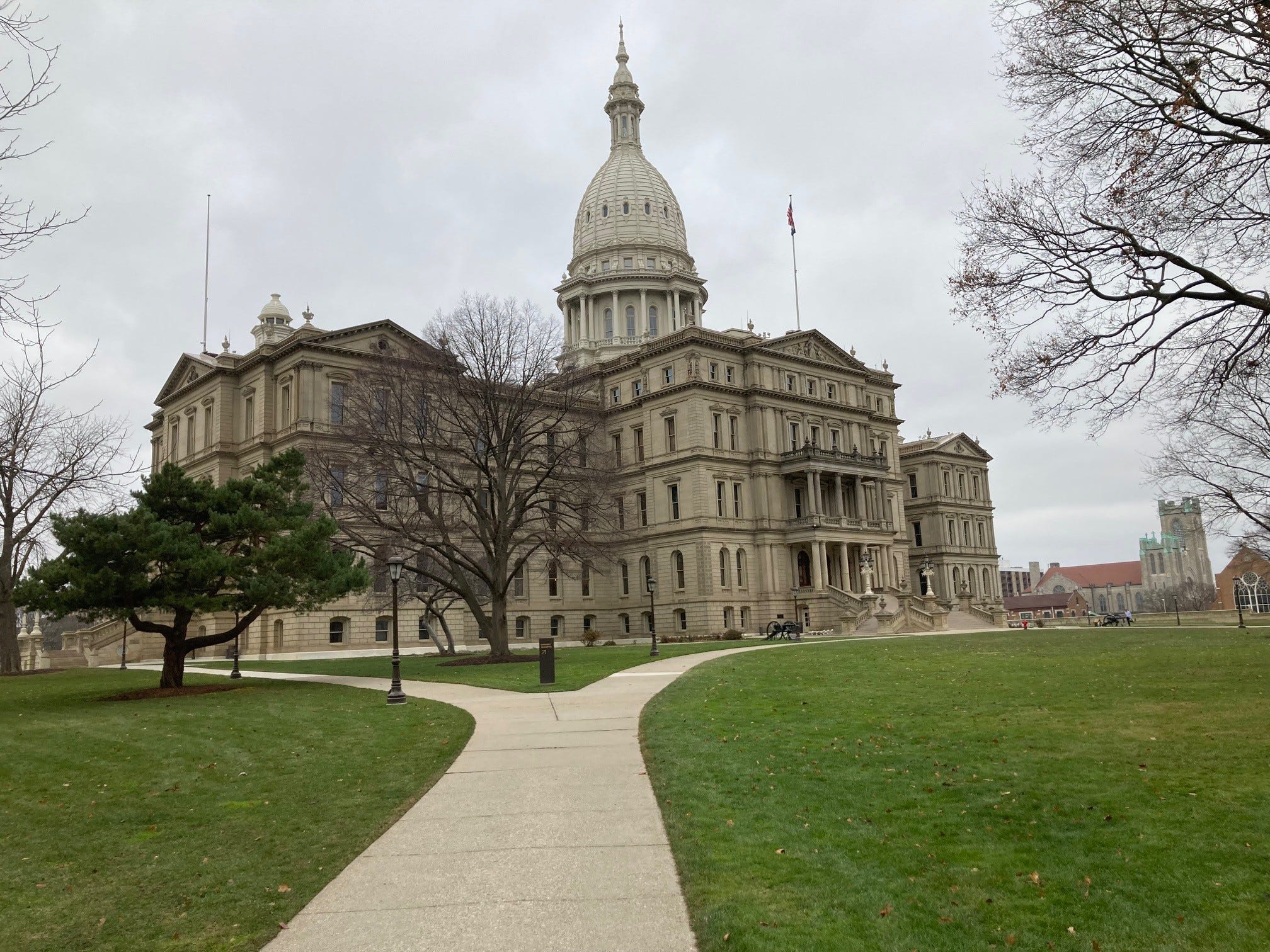As Michigan approaches a potential partial state government shutdown, budget negotiations are intensifying in Lansing. With just over one week remaining before the October 1, 2026, deadline, discussions between Democrats and Republicans remain contentious, marked by mutual blame over the stalled budget for the upcoming fiscal year.
Historically, the state has experienced only brief shutdowns, with the last ones occurring in 2007 and 2009, each lasting just a few hours. The current tension echoes those past events, and officials are keen to avoid a repeat scenario that could disrupt services and employment for many state workers.
Current Negotiations and Positions
In the latest developments, Gov. Gretchen Whitmer has directed queries about the budget to the State Budget Office. Spokesman Cole Pachucki expressed optimism on September 19, stating that negotiations are ongoing and that there is a “hopeful” outlook for reaching an agreement before the deadline.
On the Republican side, State Rep. Ann Bollin, chair of the House Appropriations Committee, emphasized the active participation of key stakeholders, noting that “phone calls are taking place multiple times a day.” Her sentiment was echoed by State Sen. Sarah Anthony, chair of the Senate Appropriations Committee, who expressed a desire to avoid a “continuation budget” that would merely extend current funding without addressing future needs. “We would much rather take the remaining few days left and pass a real budget,” she stated.
The two parties are at an impasse over the budget’s direction. House Republicans advocate for significant spending cuts, while Senate Democrats insist on maintaining essential services for Michigan families. Both House Speaker Matt Hall and Governor Whitmer support including a road funding deal in the budget, but Senate Majority Leader Winnie Brinks views this as a lower priority.
Impact of Potential Shutdown
If a budget agreement is not reached by October 1, automatic measures would trigger a partial shutdown of state government operations. This could lead to noticeable disruptions, including the closure of state parks such as Belle Isle Park in Detroit and Secretary of State branch offices. Approximately 50,000 state employees might face layoffs, although those classified as “essential” would continue to work, ensuring that critical services like the Michigan State Police and prisons remain operational.
Historically, brief shutdowns have led to immediate impacts on various sectors. For instance, highway construction projects could be paused, and sales of lottery tickets might cease, as reported during the 2007 shutdown. While officials have not confirmed whether similar disruptions would occur this time, the potential for widespread effects looms large.
As the Michigan Senate has scheduled a rare session on September 22, lawmakers are racing against the clock. The Legislature typically meets Tuesday through Thursday, but no sessions are expected on September 23 due to the Rosh Hashanah holiday. The House has yet to announce any additional meeting days, further complicating the situation.
With the budget deadline approaching, both parties are under pressure to find common ground. The stakes are high, as failure to agree could leave many state services in jeopardy and disrupt the lives of countless Michiganders.
